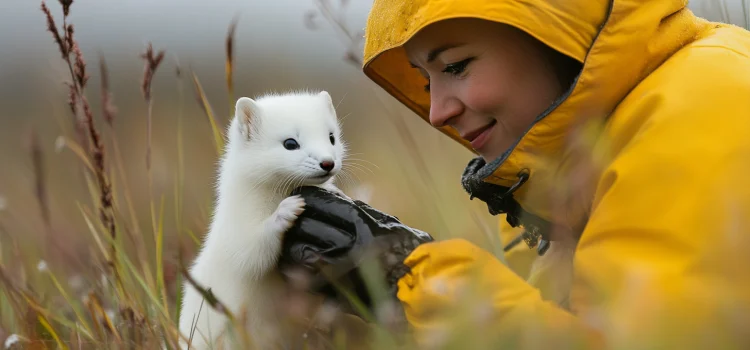How does someone’s speech show if they’re being deceptive? Can stress cause speech problems? Even though stress is psychological, it often manifests in physical ways. One way stress can show itself is through someone’s speech. Further, signs of stress in someone’s speech may indicate they’re lying. Discover how you can tell if someone’s bending the truth just by the way they talk.
Can Stress Cause Speech Problems: 4 Signs That It Does










